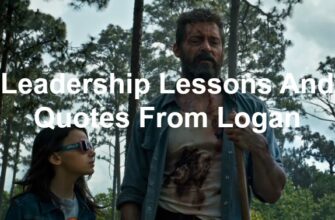A brilliant scientist was once accidentally exposed to the blast of a gamma bomb where he absorbed a massive amount of radiation. As a result, whenever he experiences extreme emotional stress he involuntarily transforms into a giant, green Hulk-like figure. How many leaders suffer from the same affliction?
The Bruce Banner/The Hulk dichotomy demonstrates the need for willpower. The Banner side is so worried about his potential loss of control that he secludes himself, attempting to avoid meaningful relationships, public places, and stressful situations. Instead of learning to control his emotions, he withdrawals from society.
Repressed feelings can only be contained for so long. If emotions do not have an outlet, at some point they will find a way to be released. As Banner says, “Don’t make me angry. You wouldn’t like me when I’m angry.” And he’s right, because on the other end of his emotional spectrum is his alter ego, the Hulk.
The Hulk is a monster with uncontrollable anger. He cannot be reasoned with – he’s driven by a single goal of demolishing whatever is in his path. When theHulk’s temper has subsided and the anger is out of his system, he reverts back to Banner who is ashamed of his Hulk-based persona. This remorse causes Banner to repress even more, thus the detrimental cycle starts all over again.
Self-discipline is the ability to make yourself do what you should do, when you should do it, whether you feel like it or not. — Elbert Hubbard
Many leaders teeter on the same gamut of emotional reactions. In uncomfortable or stressful situations, they either “Hulk out” or “Bruce Banner-ize” frustrations when they really need to practice willpower, i.e., not being a victim to their moods. This isn’t just “fell good” advice. Research shows that leaders who maintain a healthy dose of willpower are: happier, higher performers, and ultimately more successful.
When circumstances arise, leaders must be alert to how they feel and then willfully decide how they are going to respond. The response they ultimately choose is not always what they would bring self-gratification (screaming, ridicule, and/or chastising), but it will lead to a more constructive outcome.







